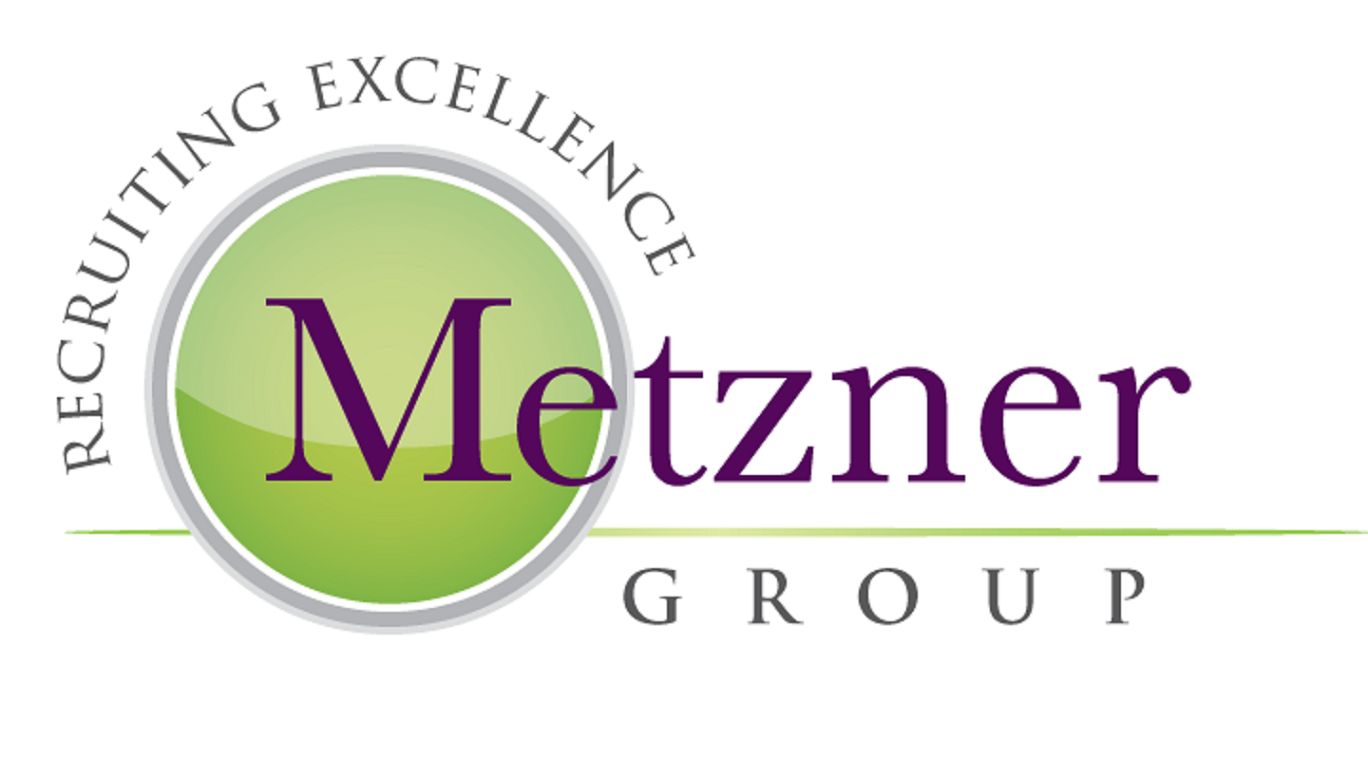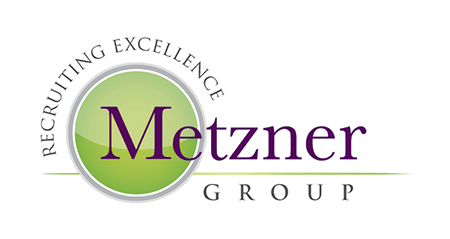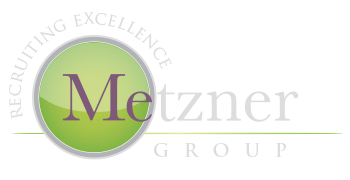Blog

As a recruiter, I move fast—searches, decisions, conversations that shape careers. But Thanksgiving reminds me to slow down, breathe, and appreciate the bigger picture. Gratitude isn’t just seasonal; it’s the foundation of meaningful relationships and clearer perspective. Each person I meet reminds me of resilience, ambition, and possibility—and that’s what keeps me inspired. Wishing you time to decompress, reconnect, and carry that spirit into the season ahead.

We’ve all seen it: a colleague facing a career crossroads reaches out to every connection they’ve built — asking for introductions, advice, or simply a listening ear. Many of us respond, because we understand the stakes. The fear of unemployment or being in a role that no longer fits is real. But then they land. The pressure lifts. And when others reach out to them for support, the response is… silence. In today’s climate, where so many talented A/E/C executives are exploring new opportunities, navigating leadership transitions, or rethinking their next chapter, let’s remember that networking is a two-way street. ✅ If someone helped you during your search, be the person who helps them now. ✅ If you’re in a stable role, take a moment to respond to those reaching out. ✅ If you’re navigating change, lean on your network — but also nurture it. The consulting engineering sector thrives on collaboration, trust, and long-term partnerships. Let’s extend that same spirit to how we support one another professionally. We rise by lifting each other — not just when we need help, but when others do.

In my more than 35 years as an executive search professional, I’ve seen this scenario play out time and again—often quietly, and with great emotional weight. Well-run firms and thoughtful leaders work hard to create opportunities for their key people. They invest in development, offer stretch roles, and try to align talent with evolving business needs. But sometimes—even with the best intentions—there simply isn’t a role that keeps a high-performing employee challenged or allows them to bring meaningful value to the organization. What happens then? If you’re that employee, you’ve likely tried to pivot. You’ve raised your hand, taken on new responsibilities, and stayed loyal. But despite your efforts, the fit isn’t there anymore. Not because of a lack of commitment—but because you’ve grown. This is a tough moment. It’s not about dissatisfaction. It’s about evolution. Sometimes, the most respectful and strategic move—for both the individual and the organization—is to explore opportunities elsewhere. Not as a rejection of the past, but as a continuation of growth. When done thoughtfully, this kind of transition honors the contributions made and opens the door for fresh impact. Let’s normalize these conversations. Let’s support leaders who are honest about capacity, and professionals who are brave enough to seek new challenges. Have you ever faced this crossroads? How did you navigate it?

In executive roles, we often stay too long—out of loyalty, unfinished goals, or the belief that we can fix what’s broken. But when the environment becomes toxic or abusive, staying isn’t leadership. It’s self-neglect. If you're considering a transition, pause and reflect: Are you drawn to a new opportunity because it feels familiar—or because it’s truly healthy? Comfort can be deceptive. As an executive recruiter for the past 30+ years, I’ve witnessed candidates leave poorly cultured firms only to accept roles in nearly identical environments. Familiarity isn’t always safety—it can be a trap. Don’t let past dysfunction become your compass. Growth begins when we choose environments that challenge us to thrive, not just survive. Have you ever stayed too long? What helped you finally move forward?

With more than 35 years as an executive recruiter guiding senior candidates through transitions, I’ve seen firsthand how career shifts—whether planned or unexpected—can lead to incredible growth. While every situation is unique, the emotions—uncertainty, hope, and resilience—are universal. Even if you’re content in your current role, staying open to new opportunities is key to long-term success. The best career moves often come when you least expect them, and being receptive to change can open doors to greater fulfillment, impact, and advancement. Navigating Transitions with Confidence & Embracing Possibilities 🔹 Adopt a Growth Mindset – Every transition is a chance to learn, evolve, and expand your skill set. Stay curious and open to new challenges. 🔹 Build & Maintain Your Network – Strong relationships create opportunities. Engage with peers, mentors, and industry leaders—even when you’re not actively searching. 🔹 Be Proactive, Not Reactive – Don’t wait for change to happen to you. Stay informed about industry trends, emerging roles, and potential career paths. 🔹 Reframe Uncertainty as Opportunity – Transitions can feel unsettling, but they often lead to unexpected and rewarding possibilities. 🔹 Stay Flexible & Open-Minded – The best opportunities may not look exactly like what you envisioned. Be willing to explore new industries, roles, or leadership paths. 🔹 Invest in Yourself – Whether through professional development, certifications, or personal growth, continuous learning keeps you prepared for whatever comes next. 🔹 Trust the Process – Career transitions take time. Celebrate small wins, stay patient, and remain confident that the right opportunity will come. The Bottom Line Your career is a journey, not a destination. Whether you’re actively seeking change or simply staying open to possibilities, embracing transitions with confidence can lead to greater success and fulfillment!

As an experienced executive recruiter, I’ve seen first hand how meaningful connections unlock incredible opportunities. One of the most critical elements in building those connections is preparation. When someone reaches out to me—whether for career advice, recruitment opportunities, or collaboration—I appreciate when their message reflects genuine effort and preparation. It's clear they've taken the time to read my profile, understand my background, and craft a message that resonates. This level of care sets the stage for productive and meaningful conversations. And, this thoughtful approach immediately sets them apart. On the other hand, I sometimes receive messages that lack context or preparation. These generic attempts fall flat and often raise questions about the sender’s professionalism and commitment. It’s a missed opportunity for both parties. Here’s why doing your homework before reaching out is essential: 1. It Shows Respect for Time and Expertise Taking the time to learn about someone’s background demonstrates that you value their time and contributions. As a recruiter, I appreciate when candidates, clients or collaborators approach me with a clear understanding of my role and how we might align. 2. It Builds Genuine Rapport Understanding someone’s journey allows you to craft a message that resonates. Referencing shared interests, industry insights, or specific accomplishments shows you’re invested in fostering a meaningful dialogue—not just ticking off a networking box. 3. It Sets a Professional Tone In recruitment and beyond, professionalism is paramount. Thoughtful outreach reflects positively on your character and attention to detail—essential qualities in building trust and credibility. 4. It Enhances Your Chances of Success Whether you’re seeking career guidance, looking to sell a solution, or proposing a partnership, a well-researched message is far more likely to receive a positive response. As a recruiter, I cannot overstate the importance of preparation. Before reaching out, take a moment to review the recipient’s profile. Learn about their achievements, explore their posts, and think about how your message can resonate with their journey. Remember, in a competitive professional world, preparation is not just a courtesy—it’s a skill that distinguishes you from the crowd. Thoughtful outreach paves the way for authentic connections, inspiring trust and collaboration. Let’s work together to encourage interactions that promote mutual success and growth!

Last night, I had an unsettling phone call with a client. It pushed me to assess whether "the client is always right." Here is what I came up with: In executive recruitment, "the client is always right" is a guiding principle. After all, clients trust us to understand their needs, align with their vision, and deliver top-tier talent. But what happens when that principle collides with another: the duty to place candidates into environments where they can thrive? Every recruiter has that moment of realization—a client may seek a professional, but their leadership style, company culture, or expectations send up red flags. Perhaps their demands are unrealistic, or their treatment of candidates raises ethical concerns. These situations challenge recruiters to balance two critical priorities: maintaining client relationships and protecting candidates from potentially detrimental placements. As recruiters, we’re not just matchmakers but stewards of careers and livelihoods. Candidates trust us to help them take the next step in their professional journey. If a client demonstrates behaviors or values that could lead to a toxic environment, we must assess and address the situation with integrity. This doesn’t mean severing ties with challenging clients immediately. Open communication is key—have a candid conversation to understand their expectations and share your observations. Sometimes, clients are unaware of how their actions or words come across and are willing to adjust. However, if it becomes clear that their approach contradicts your commitment to ethical placements, it may be time to reconsider the partnership. Ultimately, I have decided that "the client is always right" has its limits. As an executive recruiter, my reputation hinges on filling roles and making placements that benefit both sides. Walking away from a mismatched client might feel like a loss in the short term, but in the long run, it reinforces my integrity and ensures the candidates I work with continue to see me as an ally in their careers. After all, my genuine client is the principle of finding the right fit—for everyone involved. What are your thoughts? #civilengineeringexecutivesearch #architectureexecutivesearch #executivesearch #AEP #ethics #recruiterinsights

Many of us understand the significance of both short-term gains and long-term investments. When evaluating a new opportunity, the financial package plays a critical role—it reflects the value of your expertise and supports your aspirations, both today and in the future. However, compensation should not be the only compass. A truly strategic decision considers how the role aligns with your vision, challenges your abilities, and fuels your capacity to lead with impact. The right opportunity integrates financial reward with culture and mission that drive fulfillment, growth, and purpose. One should not accept an offer solely based on money, nor should one reject an offer solely because of financial reasons. Leadership is about balancing head and heart, value and vision. Let’s prioritize decisions that secure not just wealth but meaning. What principles guide your career decisions? #Architecture #CivilEngineering #ExecutiveSearch #Recruiter #AE #RecruiterInsights

The recruitment landscape demands a swift approach in today's dynamic business world. Urgency in hiring is not about rushing through the process but recognizing the need for efficient and timely recruitment practices. Why Urgency Matters: - Competitive Advantage: Securing top talent swiftly prevents losing them to competitors who are also vying for their skills. - Sustaining Efficiency: Swift recruitment prevents productivity dips and overburdening existing staff, ensuring projects progress seamlessly. - Enhancing Reputation: A well-managed and prompt hiring process reflects positively on the company, boosting its image and attractiveness to potential hires. Maintaining Balance: While speed is crucial, it should never compromise on finding the right fit for the role. Clear criteria and structured interviews facilitate quick yet well-informed decisions, upholding quality standards while expediting the hiring process. Effective Strategies: - Establish Clear Timelines: Define and stick to timelines for each recruitment stage. - Preparation Is Key: Have job descriptions, interview questions, and evaluation criteria ready beforehand to streamline the process. As an executive recruiter, my focus is on aiding clients in securing top talent. Diligence in interviews is vital; a sluggish or haphazard approach can impede progress. Stay prepared, maintain momentum, outshine the competition, and secure the best candidates for your team. #Recruitment #TalentAcquisition #CivilEngineering #Architecture #ExecutiveSearch #AE #RecruiterInsights

Being ethical is critical in executive recruitment. An ethical executive recruiter recognizes that their role goes beyond merely filling a position; it is about building meaningful relationships and ensuring the match between candidate and company is genuine and beneficial. This approach is not just a professional obligation but a moral one. Building Relationships: A skilled executive recruiter understands the importance of nurturing relationships with clients and candidates. These relationships are rooted in trust, transparency, and mutual respect. By understanding both parties' needs, values, and aspirations, the recruiter can make informed decisions that lead to successful matches. Focus on Fit: The right match goes beyond qualifications and experience and involves cultural fit and values alignment. Ethical recruiters take the time to grasp the organization's culture and the candidate's personality. They strive to ensure the new hire will thrive in the company's environment and contribute positively to its goals. Integrity and Honesty: Principled recruiters uphold integrity throughout the recruitment process. They provide honest feedback, manage expectations, and avoid practices that could mislead or exploit either party. This includes being transparent about potential challenges and ensuring candidates are fully informed about the roles they are being considered for. Long-Term Success: An ethical recruiter prioritizes long-term success for both the candidate and the company. This means valuing quality over quantity and making placements likely to endure. An ethical match leads to higher job satisfaction, reduced turnover, and a stronger, more cohesive organization. In conclusion, ethical executive recruiters are about much more than filling positions. They foster relationships, ensure a good cultural fit, maintain integrity, and aim for long-term success. By adhering to these principles, recruiters fulfill their professional responsibilities and contribute to the overall well-being of the companies and candidates they serve.

